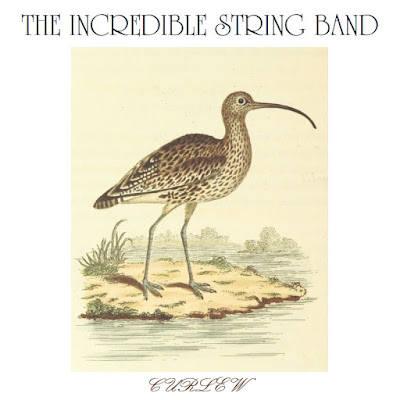Tupac Shakur began recording under the stage name MC New York in 1989, and after signing with Atron Gregory, manager of the rap group Digital Underground, he was added to the group as a roadie and backup dancer. In January 1991 he debuted under the stage name 2Pac on Digital Underground, under the new Interscope Records label, on the group's January 1991 single 'Same Song', which also opened the group's 'This Is An EP Release'. Shakur's debut album '2Pacalypse Now' arrived in November 1991, and would bear three singles, 'If My Homie Calls', 'Trapped' and 'Brenda's Got A Baby', all of which depicted individual struggles under socioeconomic disadvantage in a distinctive poetical style. Shakur's second album 'Strictly 4 My N.I.G.G.A.Z...' was released in in February 1993, and was a critical and commercial advance on its predecessor, debuting at No. 24 on the pop chart in the Billboard 200. In late 1993, Shakur formed the group Thug Life with Tyrus "Big Syke" Himes, Diron "Macadoshis" Rivers, his stepbrother Mopreme Shakur, and Walter "Rated R" Burns, releasing its only album 'Thug Life: Volume 1', in October 1994. Shakur's third album 'Me Against The World' was released in March 1995 while he was incarcerated, and is now hailed as his magnum opus, and commonly ranks among the greatest, most influential rap albums of all time. The lead single 'Dear Mama' was released in February 1995 with 'Old School' as the b-side, and is the album's most successful single, topping the Hot Rap Singles chart, and peaking at No. 9 on the Billboard Hot 100.
While Shakur was in prison in 1995, his mother was about to lose her house, and so Shakur had his wife Keisha Morris contact Death Row Records founder Suge Knight, who advanced Shakur's mother $15,000 to pay her debts. In October 1995, Knight visited Shakur in prison again and posted the $1.4 million bond, allowing Shakur to return to Los Angeles and join Death Row, with the appeal of his December 1994 conviction pending. His fourth album 'All Eyez On Me' came out on Death Row in February 1996, and was rap's first double album, featuring Shakur rapping about the gangsta lifestyle, and leaving behind his previous political messages. In between recording tracks for his albums, Shakur was constantly taping music, and there are many hand-written track listings of proposed albums which never appeared. One of these is the legendary '100% Black Gold', which was to have followed 'All Eyez On Me', but before it could be finalised Shakur was shot four times by an unidentified assailant in a drive-by shooting in Las Vegas in September 1996, and he died six days later. At the time of his death, a fifth and final official solo album was already finished, 'The Don Killuminati: The 7 Day Theory', under the stage name Makaveli, which became the first of many posthumous releases over the next decade. Yet there is still much music which remains officially unreleased, and '100% Black Gold' is one of the very best of the fan-produced albums which has used some of those tracks. The album went through many different tracklist and name adjustments, being variously known as 'Outlaw Immortal', 'Still I Rise' and 'Thug Life Vol. 2', before finally settling on '100% Black Gold', and this reconstruction follows exactly the hand-written track listing for it that Shakur left behind.
Track listing
01 Hit 'Em Up (feat. Outlawz)
02 Wordz 2 My First Born
03 Troublesome '96
04 Made Niggaz (feat. Outlawz)
05 When Thugz Cry
06 Never Had A Friend Like Me
07 Never Call U Bitch Again
08 Fuckin' Wit The Wrong Nigga (Part 1)
09 Mama's Just A Lil Girl
10 Who Do U Believe In (feat. Yaki Kadafi)
11 Thug n' Me (feat. Jewell)
12 Fuckin' Wit The Wrong Nigga (Part 2) a.k.a. Tongue Kissin'











